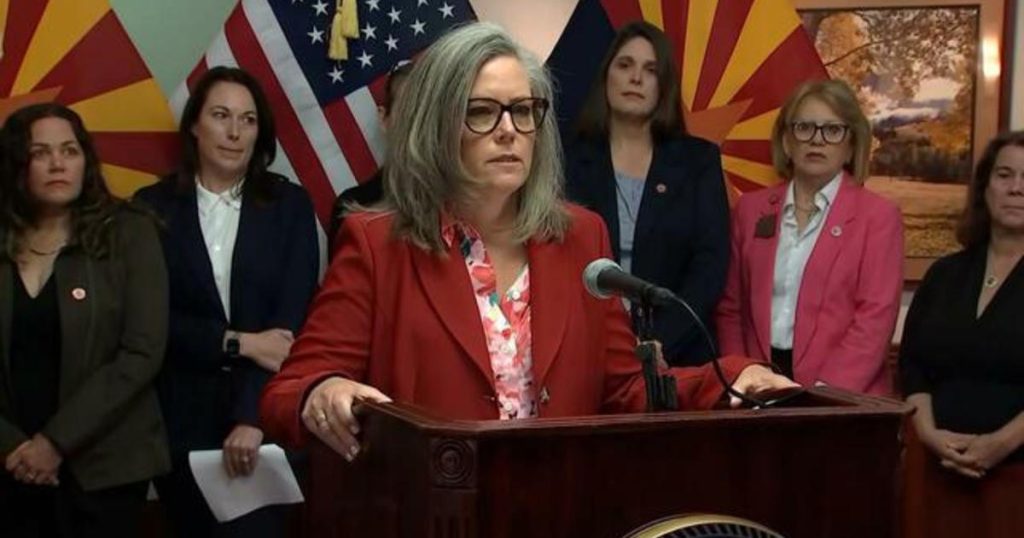The Arizona Supreme Court has ruled that a ban on abortion from 1864 can be enforced, causing controversy and concern among reproductive rights advocates. The ban prohibits abortion except when necessary to save the life of the mother, putting restrictions on women’s access to safe and legal abortion services. This decision has sparked debate over the rights of women to make their own healthcare decisions and the implications of enforcing such an antiquated law in the 21st century.
In a more positive news story, a nonprofit organization is providing free guide dogs for the visually impaired, helping individuals navigate the world more independently. These guide dogs are trained to assist their owners in various tasks, such as navigating obstacles, finding specific locations, and providing emotional support. The organization’s efforts are making a significant impact on the lives of visually impaired individuals by improving their mobility and overall quality of life.
The issue of abortion rights continues to be a hotly debated topic in the United States, with various states implementing restrictive laws that challenge the landmark Supreme Court decision of Roe v. Wade. The Arizona Supreme Court’s ruling on the 1864 abortion ban is just one example of the ongoing battle over reproductive rights in the country. Advocates for women’s rights and healthcare access are fighting against these restrictive laws, citing the importance of upholding a woman’s right to choose and access safe and legal abortion services.
On a more heartwarming note, the nonprofit organization providing free guide dogs for the visually impaired is making a positive impact on the lives of individuals with disabilities. These guide dogs not only assist their owners in daily tasks but also provide companionship and emotional support. The organization’s dedication to helping visually impaired individuals live more independently is commendable and highlights the importance of accessibility and support for individuals with disabilities.
As the debate over abortion rights and reproductive healthcare continues to unfold, it is essential to consider the implications of restrictive laws on women’s autonomy and well-being. The enforcement of an 1864 abortion ban raises questions about the role of outdated laws in modern society and the impact on women’s access to crucial healthcare services. Advocates and activists are working tirelessly to protect and expand reproductive rights, ensuring that all individuals have the ability to make informed decisions about their bodies and healthcare.
In conclusion, the news segment highlights the complex and often contentious issues surrounding abortion rights and accessibility for individuals with disabilities. While the enforcement of an old abortion ban in Arizona has raised concerns among reproductive rights advocates, the efforts of a nonprofit organization to provide free guide dogs for the visually impaired are creating positive change in the lives of individuals with disabilities. These contrasting stories serve as a reminder of the importance of advocating for autonomy, accessibility, and support for all individuals, regardless of their circumstances. The ongoing battle for reproductive rights and disability rights underscores the need for continued activism and awareness to promote equality and dignity for all.


